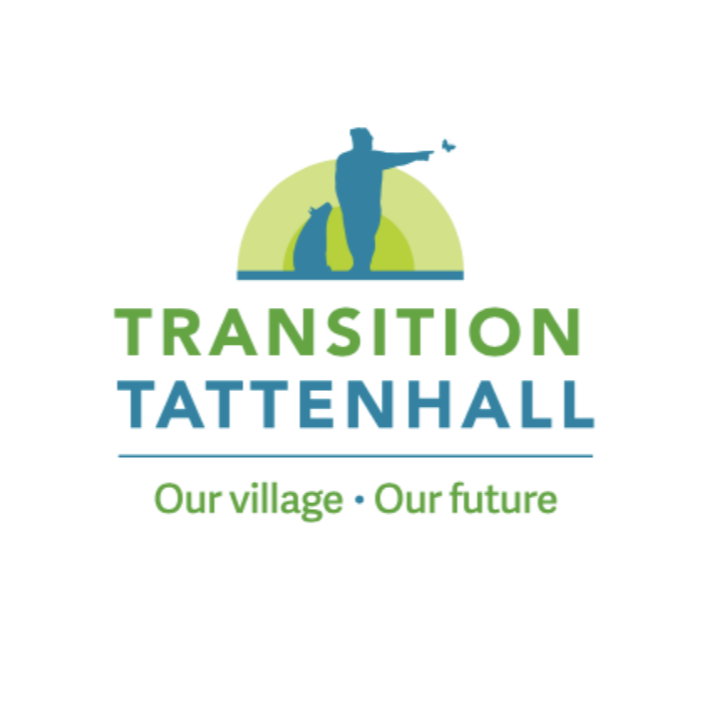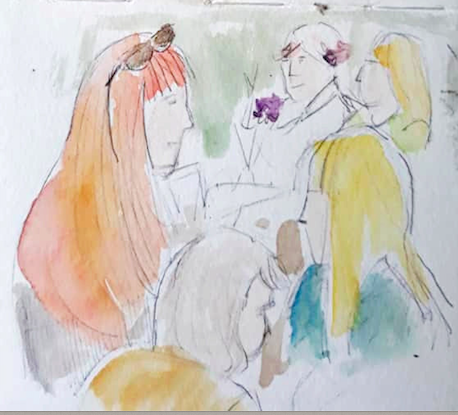Before I begin this article it might be best to tell you a bit about my own journey into the environment. It is often said that its good to start at the beginning but I find it hard to identify beginnings in real life so let’s start here. I had just left a job working with people, I was very interested in people and their struggles and saw environment as something beyond my interest. I saw a job advert, working with young people to teach them “Sustainable Development”. I knew what young people were but I had to look up sustainable development. Amazingly I got the job. I spent my days teaching basic environmental behaviours to a group of kids, things like “Turn off Lights” and my train rides reading high faluting books to try and be several steps ahead of their learning and work out what experts felt about sustainable development. Along the way I saw the error of separating environment and humans into different interests and came to see earth as our shared home, the supporter of all life as we know it.
During this time I also encountered The Transition Movement and a handbook written by Rob Hopkins. It spoke of the dual threat of peak oil, a time when non renewable would become so hard to get that they would be too expensive and climate change. It proposed a local way of tackling the big issues where each place would tailor their response according to their unique place, people and issues. Like a patch work each bit would have its own look but they would stitch together to make a meaningful global difference and find common purpose. From its small start in Totnes, England there are now transition groups all around the world. The reading around Transition Towns stuck in my head but I never had the opportunity to join a group until a few people local to me in Northwich decided to meet in a pub with a view to setting up a group.
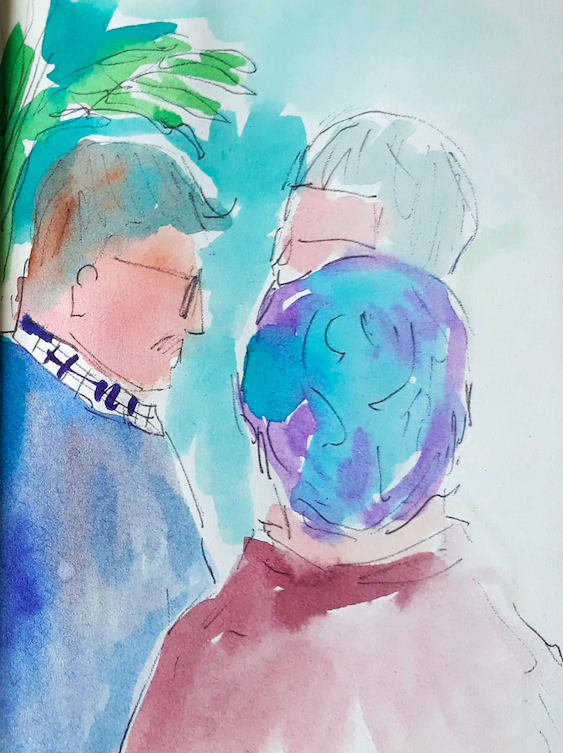
We were a mixed group, a civil servant, carer, landscape architect, environment agency worker, scientist and us two conceptual artists. We spent much of our early days trying to get to know people in our town, those who are seen to be in power and those who feel they have little. To get some idea of what people thought about environmental issues and how we might be part of communicating it better. Transition is very much a bottom up thing with ordinary people leading the way. People in power can get on board if they want to but they aren’t necessary to the success, we will do it without you is the attitude.
This leads me on to the point of this article (apologies for the delay) to have a look at how the Transition Model might fit with a movement like Extinction Rebellion. This is very much a personal musing and I’m sure somebody from Extinction Rebellion might like to give a different insight. I see these musing as the start of a conversation.
There is a long standing argument which goes something like this. Personal behaviour changes risk being like taking a dust pan to an earthquake and the better use of our time is in lobbying government and others in power. I’d say that the primary energies of Extinction Rebellion are more focused on getting big changes to occur in central places of power. I think they would love to resonate with the wider public but that isn’t the main focus. They have three demands which they address to government and other power organisations; to tell the truth and communicate the climate danger we are in, to act now and to give all sorts of people the chance to take place in citizens assemblies where policy is discussed and decided. The demands are very much focused on those in power and what they should be doing for us and our environment. They are urgent and their activity fast paced to reflect the place we are in now.
I’ve mused on where I should place my own energies, a focus on us ordinary bods finding power in small but potentially critical mass personal and community actions or pressure on power to do the job we all need them to do. On each day I might reach a different conclusion.
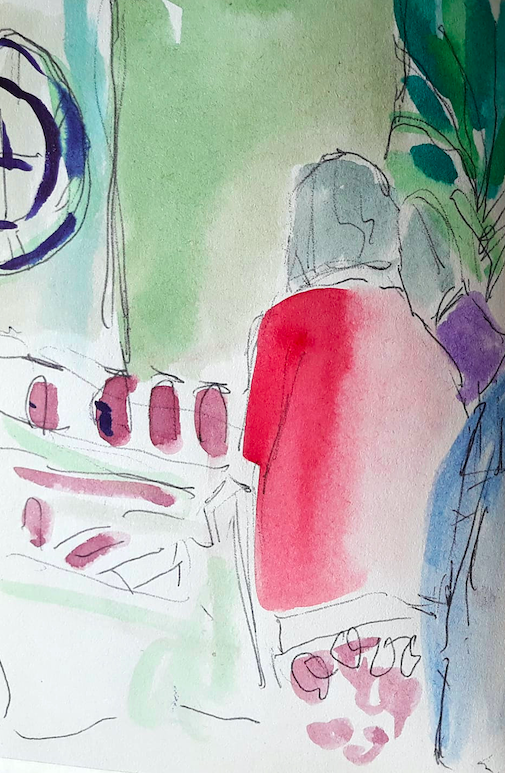
I have often wondered if personal changes lead naturally to speaking to power. People start making all sorts of changes to live a greener life they start to look around and think what’s next and who is helping or hindering me? If things like legislation are making our personal green aspirations difficult we may well have to get activated and speak to power and we will have very clear and specific demands and case study. This has happened in my life but I wonder if it happens in others? The converse might be true and if we take the Extinction Rebellion path first our presence at acts of rebellion feed into everything we do personally. Both to try to avoid the badge of hypocrite, probably unavoidable, but also because it feels natural.
When we started our own Transition group 8 years ago I was totally convinced that there was time for a slow and voluntary transition to more life sensitive systems, ones which would support community and society as much as other nature. A change which would be about choice rather than forced or inevitable consequences. Move on 8 years and little action from big power has moved in the right direction and now we find ourselves on the edge. Personally I’ve been supported by the local Transition group I was in and at times felt like I was doing something meaningful. On moving to my new home in Tattenhall I was glad to see that a group of local folks had set up a group which I could join and find common ground. On a selfish note much nicer and easier to be joining an established group rather than doing the boring paperwork and logistical bits of forming one.
After listening to a talk by Extinction Rebellion member Gail Badbrook I do see that Extinction Rebellion has a soft side not usually picked for inclusion in media coverage. It’s always stressed been a non violent movement and I value the emphasis they have on dealing with the grief of what we are all facing. I like the idea of citizen’s assemblies, when well meaning and well run I hear great things about the real democracy they can achieve. I have friends who are both part of the Transition Movement and Extinction Rebellion yet I keep coming back to Transition groups. For me I think it’s easier to tackle things locally both as a person committed to cut down my travel and a person who thinks local is really important in many ways. I could go into another movement I rate called Local Futures but that would be another big diversion.
Despite my propensity to overthink and over discuss things I’m also quite a practical person who likes to deal with real things like the challenge of getting a washing machine drum out of the machine to use as a planter. To see the change with my own eyes or hear the change with my own ears as people come together to understand things.
I’ve come to think that the two movements, open as they both are to collaboration, might provide complimentary solutions. One focusing on getting power moving and the other providing practical solutions and active, equipped, informed citizens who take advantage and embrace the change.
It is of course a personal choice where you stick your flag and focus your energy informed by many questions you might ask yourself. It is a choice to do nothing at all about this but whilst one might ignore climate crisis it won’t ignore you. The knowledge of this can bring up all sorts of grief and strip one of any power so better to do something perhaps. Below are a few questions I’ve asked myself over the years which might prove useful to ponder.
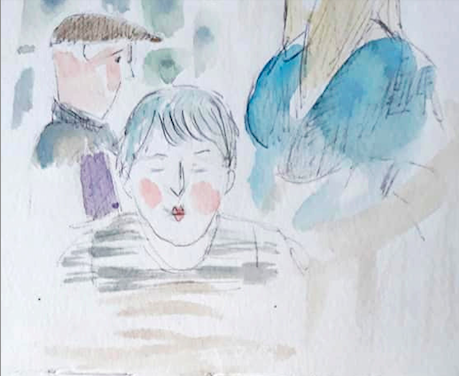
Do I have anything to add to a particular protest or is it just a nice day out for me?
Do I think I have to put my energy into bringing the populace along or work on big change from the top?
What are my skills and how might they be put to most use?
Who are the people who give me things like comfort in bad times, energy and a sense of purpose?
How can we work together?
And a big one at the moment
Can we talk about this, feel the grief it brings up but not be frozen into non action?
Beth Barlow
